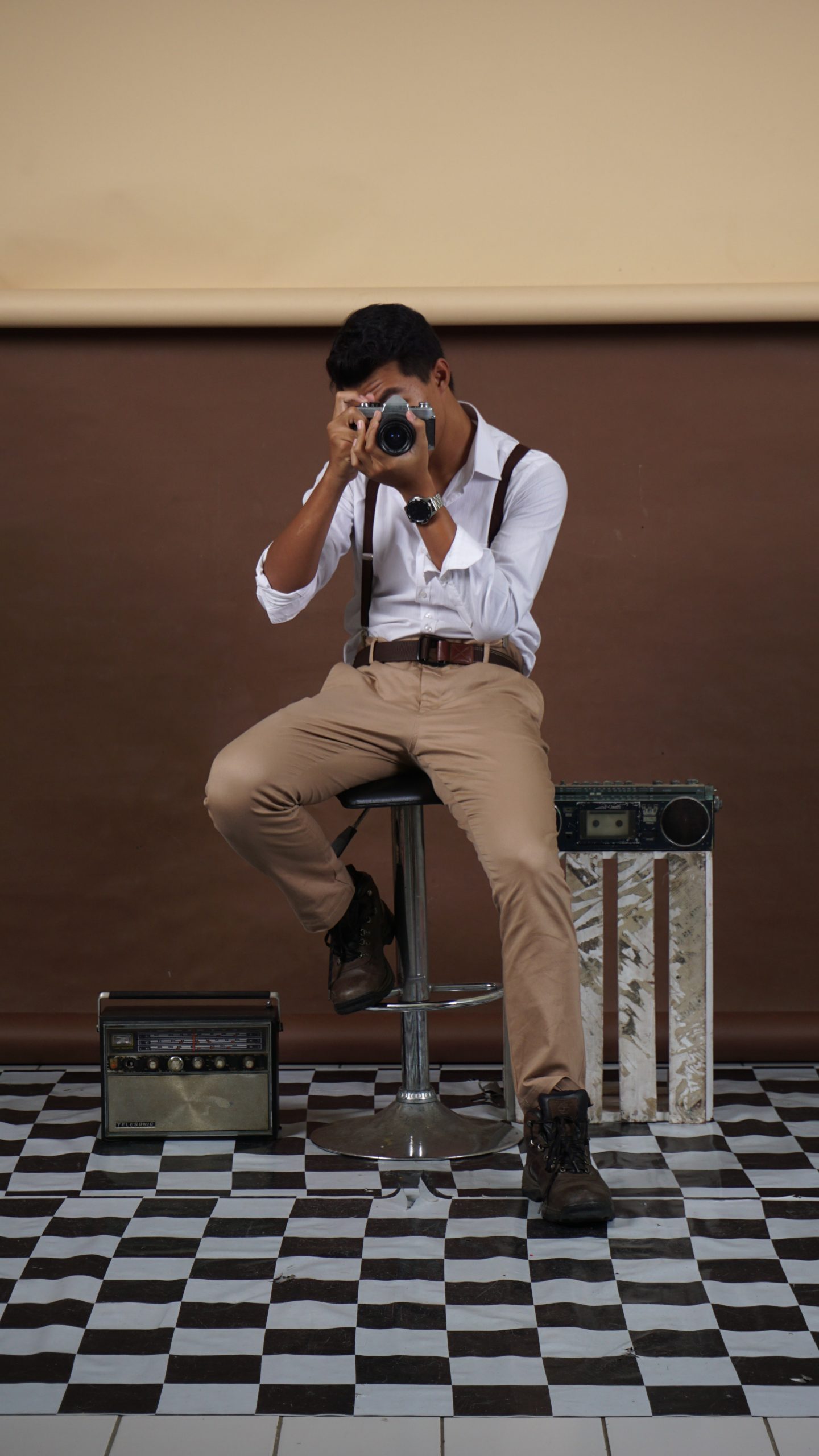Just as our whole society is making changes due to the Covid-19 pandemic, our socially-driven adolescents can be feeling the pain of separation, change of routine, and freedom. If you were to join a Zoom session or the handful or students in-person for classes, you would be astonished to see how “normal” the classes feel.
We attribute this to LMSS’s commitment to Montessori philosophy that has a focus on the unique needs of adolescents. In the article by Tim Seldon titled “Adolescence Without Tears” he writes,
As early as 1917 Dr. Montessori began to call for a fundamental change in the way we educate adolescents. She believed that traditional high schools are poorly designed to meet the developmental needs of adolescents. Our society fails to provide pathways that meet many of their basic developmental needs. Adolescence is a period of life where the young person’s primary challenge is to establish once and for all his independence from the family and to become an emotionally and socially mature adult. This may sound as if she was making an excuse for irresponsible teenagers. In fact, she argued that we are creating generations who have failed to make a smooth transition from childhood into adult society.
Students are encouraged to learn and practice skills that build resilience and their sense of self. Our Adolescent Program (grades 7-12) imbeds time for self-expression each week. This may be a short story writing class, practice with drama, digital media experience, or crafting.
We meet weekly for a whole-group governance meeting where students can make decisions about their space and funds. Should we use our money to buy cork yoga blocks for flexible seating? The meeting begins with a reflection contributed by a student. Students and teachers take time to notice what went well during the past week. And the meeting ends with thank-you’s and acknowledgments. It is a highlight of our week to see a Zoom chat filled with statements of gratitude!
In addition, students create and direct committees designed to enhance their skills and our program, such as the Hospitality Committee, Yearbook Committee, and Library Committee.
This year, teachers banded together to offer 7-9th graders a general health class that focuses on social-emotional learning. They have discussed the science behind motivation, how we build self-esteem, mindfulness, and how to identify and process our emotions.Through an in-depth look at topics that are fundamental to the human experience, students know that a range of emotions is expected, while building skills to manage them throughout their lives.
Regardless of how or where students are connecting with teachers and classmates, we are seeing strong engagement, skill growth, and confidence.


